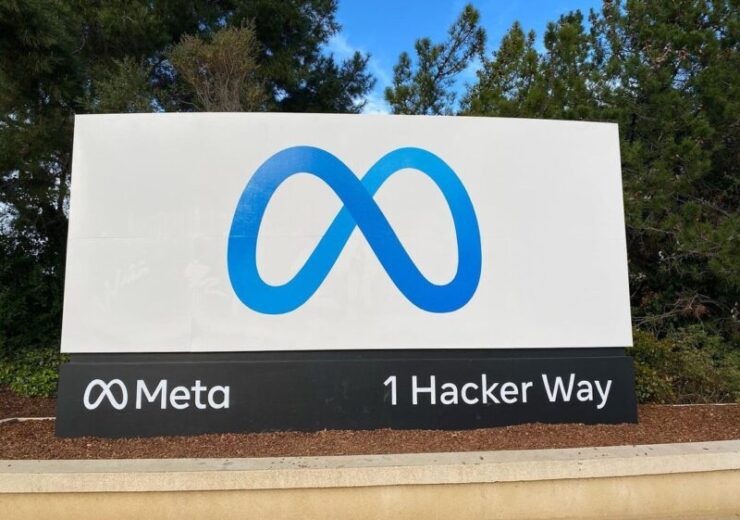Kustomer offers an omnichannel CRM platform which combines customer conversations from various channels into a single-screen view

Meta closed the acquisition of US-based Kustomer in 2022 after a long regulatory process. (Credit: Nokia621/Wikimedia Commons)
Meta Platforms is reportedly exploring the option to divest Kustomer, a US-based customer relationship management (CRM) software provider, which was acquired by it after a lengthy regulatory process that ended last year.
The Facebook owner is presently looking for strategic alternatives for Kustomer as it plans to refocus on its main business, reported The Wall Street Journal, citing the social technology company and people familiar with the planned sale.
Meta closed the acquisition of the CRM software provider in February last year.
The conditional approval from the European Commission (EC) for the acquisition was secured by the Facebook parent company in January 2022.
Clearance to the deal followed an in-depth probe by the European regulator on whether it would distort competition in the market for the supply of CRM software.
Meta did not provide additional details regarding the alternatives for the CRM software business, reported Reuters, citing an emailed statement it received from the tech major.
The email, as per the news agency, reads: “We are currently exploring strategic alternatives for Kustomer and will continue to support Kustomer’s product and customer base throughout this process.”
Kustomer offers an omnichannel CRM platform which combines customer conversations from various channels into a single-screen view.
It enables organisations to automate repetitive tasks, allowing their agents to optimise the time and quality of interactions with customers.
Last month, Meta reported a decrease of 55% in net income to $4.65bn for Q4 2022 compared to $10.3bn in the same quarter of the previous year. The social technology company registered total revenue of $32.2bn during the reported quarter, which is 4% lesser compared to $33.7bn in Q4 2021.


